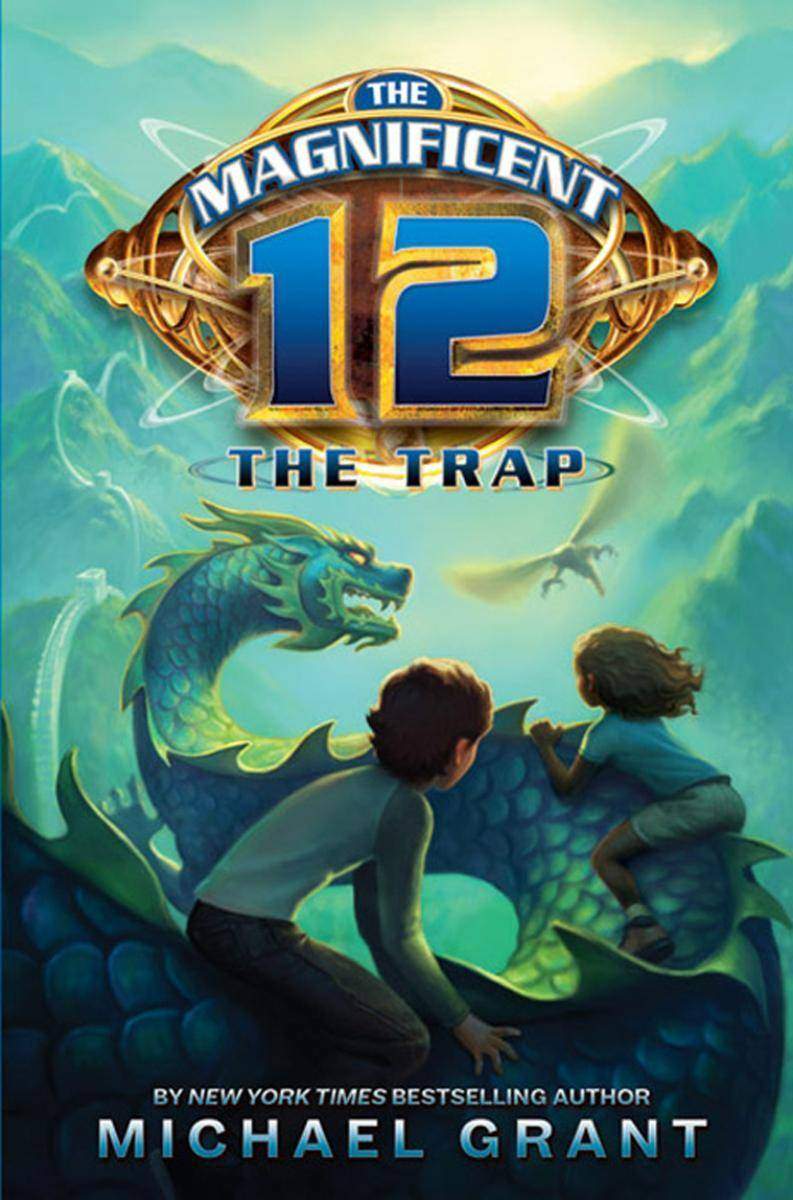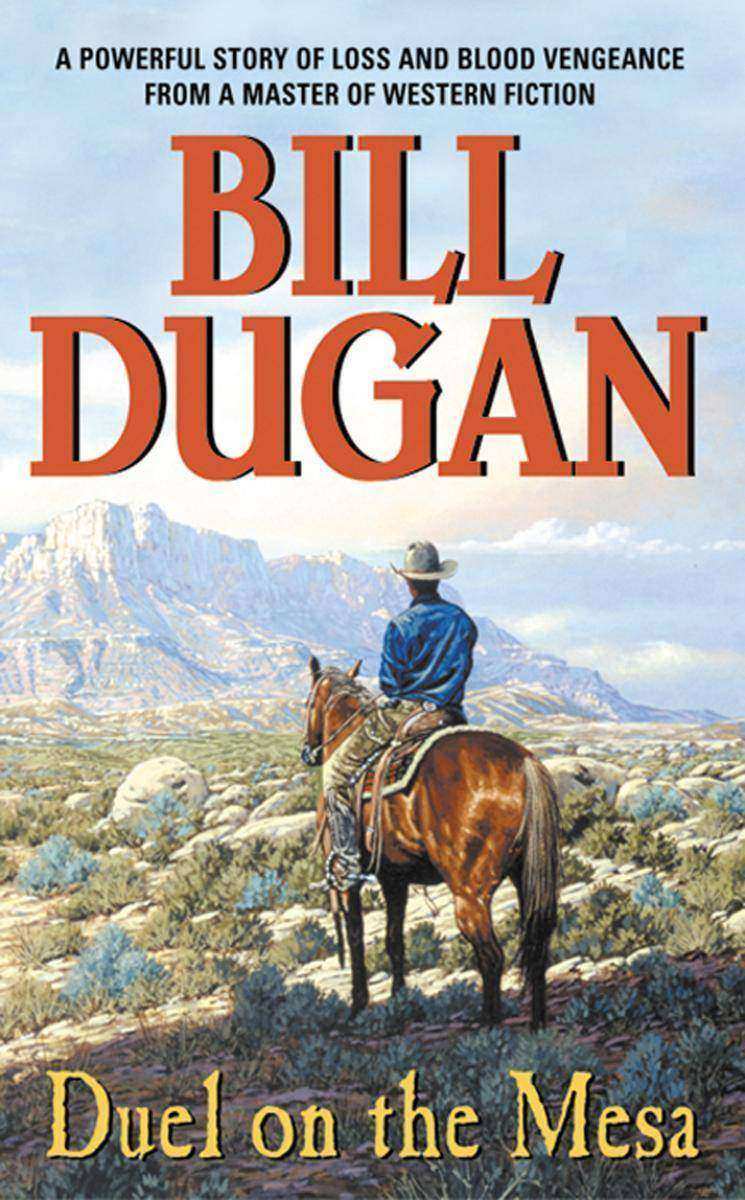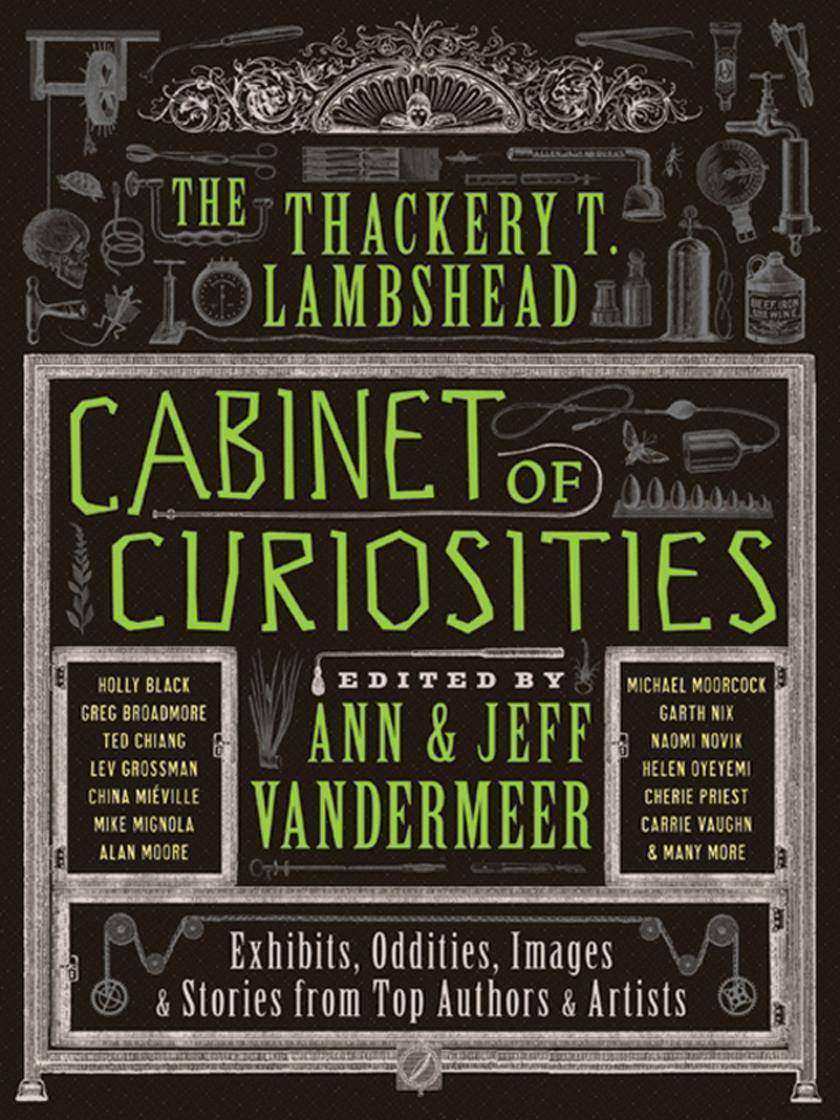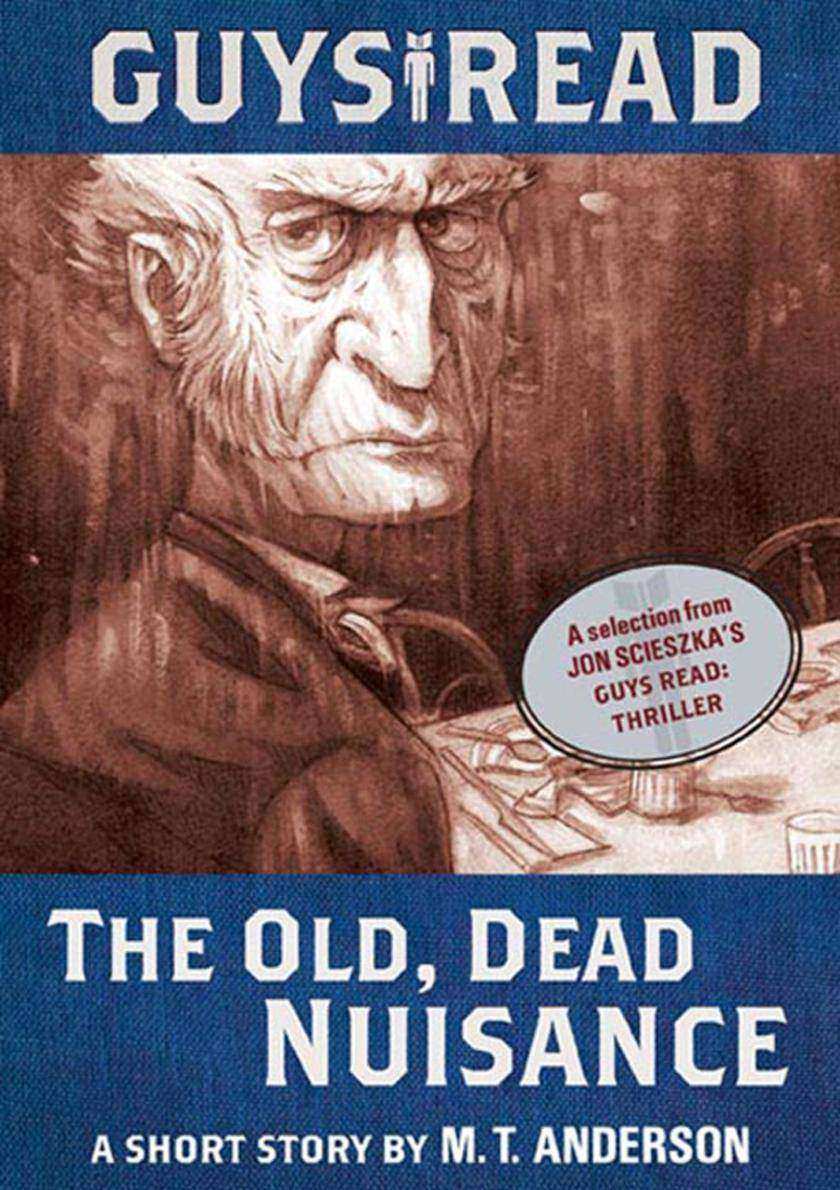
Gideon
¥83.92
Deborah Harkness meets Preston & Child in this edge-of-your-seat debut thriller—a superb blend of mystery, fantasy, horror, and the supernaturalWhen Lauren's father dies, she makes a shocking discovery. The man she knew as John Reardon was once a completely different person, with a different name. Now she's determined to find out who he really was, even though her only clues are an old photograph and the name of a town: Gideon.But someone—or something—doesn't want her to discover the truth. A strange man is stalking her, appearing everywhere she turns, and those who try to help her end up dead. Neither a shadowy enemy nor her own fear will prevent her from solving the mystery of her father—and unlocking the secrets of her own life. Making her way to Gideon, Lauren finds herself more confused than ever. Nothing in this small midwestern town is what it seems, including time itself. Residents start going missing, and Lauren is threatened by almost everyone she encounters. Two hundred years ago, a witch was burned at the stake, but in Gideon the past feels all too chillingly present. . . .

The Sweetness of Tears
¥83.92
When faith and facts collide, Jo March—a young woman born into an Evangelical Christian dynasty—wrestles with questions about who she is and how she fits into the weave of her faithful family. Chasing loose threads that she hopes will lead to the truth, Jo sets off on an unlikely quest across boundaries of language and religion, through chasms of sectarian divides in the Muslim world. Against the backdrop of the War on Terror—travelling from California to Chicago, Pakistan to Iraq—she delves deeply into the past, encountering relatives, often for the first time, whose histories are intricately intertwined with her own . . . only to learn that true spiritual devotion is a broken field riddled with doubt and that nothing is ever as it seems. A story of forbidden love and familial dysfunction that interweaves multiple generational and cultural viewpoints, The Sweetness of Tears is a powerful reminder of the ties that bind us, the choices that divide us, and the universal joys and tragedies that shape us all.

Vortex
¥55.33
S. J. Kincaid has created a fascinating dystopian world for Insignia, her futuristic science-fiction adventure series perfect for fans of Ender's Game. Earth is in the middle of WWIII, a war to determine which governments and corporations will control the resources of the solar system.Teen Tom Raines grew up with nothing—some days without even a roof over his head. Then his exceptional gaming skills earned him a spot in the Intrasolar Forces, the country's elite military training program, and his life completely changed.Now in Vortex, the second book in the series, Tom discovers that the Pentagonal Spire, where he and his friends are being trained as superhuman weapons, is filled with corruption. He is asked to betray his friends—the first real friends he's ever had—for the sake of his country.Will he sacrifice his new life to do what he believes is right?

Always Neverland
¥39.24
School has only been out for one whole day, and Ashley can already tell her vacation is going to bore her to tears. With her friends out of town and her parents working nonstop, she finds herself alone and with nothing to do—until one night she wakes up and discovers Peter Pan in her bedroom, wrestling with his shadow. Since his original adventure with the Darlings, Peter Pan has been bringing new “Wendy girls” to Neverland to take care of the Lost Boys. But Ashley’s made of much tougher stuff than the Wendy girls before her—she’d rather befriend the mermaids or fight Captain Hook and his pirate crew. Creating new adventures for her friends, Ashley is bringing change to Neverland . . . and not everyone is happy about it.

The Beginning of After
¥55.93
The Beginning of After is a story of hope and healing from Jennifer Castle, a powerful new voice in teen fiction.When Laurel’s family dies in a horrific car accident, she struggles to put her life back together. She is now connected to David Kaufman, who lives down the block, and who lost his mother in the same crash. Both of their lives change—but not in the ways that they thought…Castle blends tragedy with romance, teen angst, and wit in The Beginning of After, a bittersweet, powerful debut novel that stands as a testament to how people can survive the unthinkable.

Deep Zone
¥44.73
In the deep zone, even the very best player can find it impossible to beat a foe who’s hungry and waiting. . . . Troy White can predict a play before it happens. Star quarterback on his state football team, Troy’s a natural for the 7-on-7 tournament that’s being held at the Super Bowl in Miami. With any luck, his “football genius” will also be working for the Atlanta Falcons on that big day.Ty Lewis is a wide receiver with exceptional speed. His brother, an NFL star, says getting on a 7-on-7 team will prove Ty’s a winner.From the moment the two football champs cross paths, Troy and Ty begin to size each other up. Troy is suspicious of Ty’s interest in his friend Tate, while Ty worries his speed will never be a match for Troy’s game smarts. But when the two rivals find themselves somehow tangled in the same dangerous web of deceit, they discover that they have more in common than their skill at football.Uniting Troy, first seen in the New York Times bestselling Football Genius, and Ty, who was chased by the Mafia in Football Hero, Tim Green’s Deep Zone delivers it all—vivid settings, dynamic characters, and high-stakes action on and off the field.

Lights on the Nile
¥95.39
Kepi is a young girl in ancient Egypt, content to stay home with her family, helping her father, who was wounded in the construction of a pyramid for the cruel pharaoh Khufu. But that was before she and her pet baboon, Babu, were kidnapped and held captive on a boat bound for the capital city, Ineb Hedj. And when Kepi and Babu are separated, she knows she has only one choice: to make her way to the capital on her own, rescue Babu, and find a way to appeal to the pharaoh. Khufu is rich and powerful, but Kepi has her own powers, deep inside her—ones she herself doesn’t even know about yet.Donna Jo Napoli, acclaimed author of Zel and Beast, revisits the fabled origin of fairies in this strikingly orig-inal and affecting novel of friendship.

The Magnificent 12: The Trap
¥33.53
In the thrilling second book of the Magnificent 12 series, Mack MacAvoy is challenged by his spectral mentor, Grimluk—who only appears in the shiny chrome pipes of bathrooms.Mack must find the ancient ones, the great forgotten forces. Some will help; some not so much. But above all—Learn the ways of Vargran!Assemble the twelve!Go to the nine dragons of Daidu.Go to the Egge rocks.Beware of . . . the trap.Time is short! The wicked Pale Queen’s three-thousand-year banishment ends in thirty-five days, and she will be free to destroy the world. It’s up to Mack to stop her return. But what do all of Grimluk’s clues meanCan Mack achieve everything he must do without getting killed by the evil Risky—and escape the trap?The Magnificent 12: The Trap is another fast-paced episode in bestselling author Michael Grant’s hilarious fantasy-adventure series.

Mo Wren, Lost and Found
¥90.73
This is the story of what happened after Fox Street.Mo Wren knew that eventually she, her dad, and her sister, Wild Child Dottie, would have to move from beloved Fox Street. She just never expected it to happen so soon.At the Wrens’ new place, things are very different. The name of the street—East 213th—has absolutely zero magic. And there’s no Mrs. Petrone to cut her hair, no Pi Baggott to teach her how to skateboard, no Green Kingdom to explore. She’s having trouble fitting in at her new school and spending a lot of time using the corner bus shelter for her Thinking Spot. Worst of all, Mo discovers that the ramshackle restaurant Mr. Wren bought is cursed. Only Dottie, with her new friends and pet lizard, Handsome, is doing the dance of joy.For the first time in her life, Mo feels lost and out of place. It’s going to take a boy who tells whoppers, a Laundromat with a mysterious owner, a freak blizzard, and some courage to help her find her way home for good.

Duel on the Mesa
¥42.03
Dalton Chance's family has been massacred by a band of Indians, but only by trusting an Indian scout, Lone Wolf, can he find the men truly responsible for the horrible crime.

Chore Whore
¥77.26
I have been used, abused, lied to, and cheated on, blamed, shamed, screamed at, and ridiculed. I've been scammed and damned, had my ass kissed, my reputation dissed, and my face spat on. All in the name of working as a celebrity personal assistant . . . a CHORE WHORE!After twenty years of working thanklessly for a dozen high-powered Hollywood hotshots, Corki Brown has had enough. She's sick to death of handling elaborate extortion deals, washing groupies' dirty underwear, and having to whip up intimate dinners on no notice for spoiled stars, each with his or her own bizarre dietary demands. And now her ten-year-old son is starting to exhibit some disturbing signs of Tinseltown weirdness. It's time to get out, but escape won't be easy. . . .

The Thackery T. Lambshead Cabinet of Curiosities
¥83.03
The death of Dr. Thackery T. Lambshead in 2003 at his house in Wimpering-on-the-Brook, England, revealed an astonishing discovery: the remains of a remarkable cabinet of curiosities. A carefully selected group of popular artists and acclaimed, bestselling fantasy authors has been assembled to bring Dr. Lambshead’s cabinet of curiosities to life. Including contributions from Alan Moore, Lev Grossman, Mike Mignola, China Miéville, Cherie Priest, Carrie Vaughn, Greg Broadmore, Naomi Novik, Garth Nix, Michael Moorcock , Holly Black, Jeffrey Ford, Ted Chiang, and many more.

Two or Three Things I Forgot to Tell You
¥56.08
Two or Three Things I Forgot to Tell You is renowned author Joyce Carol Oates's newest novel for teens. Laurie Halse Anderson, bestselling author of Wintergirls and Speak, said that "the painful honesty of this book will crack open your heart."Senior year, their last year together, Merissa and Nadia need their best friend Tink more than they ever did before. They have secrets they can share with no one but her, toxic secrets that threaten to unravel their friendship—and themselves. Tink had a secret, too, a big one, but no one knows what it was. And now she's gone. . . .In a starred review, Kirkus Reviews described Joyce Carol Oates as "a master at portraying the inner lives of teens." In Two or Three Things I Forgot to Tell You, she's created a powerful portrayal of a friendship strong enough to transcend death.

The Wig in the Window
¥38.72
In this funny and clever middle grade mystery reminiscent of Rear Window and perfect for fans of the Mysterious Benedict Society series, Sophie Young and Grace Yang are best friends, seventh graders, and spies.Sophie and Grace have made a game out of spying on their neighbors. On one of their midnight stakeouts, they witness a terrifying scene at the home of their bizarre middle-school counselor Dr. Charlotte Agford (also known as Dr. Awkward).At least, they think they do. When the girls are proven wrong, they are still convinced that Dr. Agford is hiding a terrible secret—and they're determined to find out what it is. Soon the girls are breaking secret codes, being followed by a strange blue car, and tailing strangers with unibrows and Texas accents. But as their investigation heats up, Sophie and Grace start to crack under the pressure. Will solving the case destroy their friendship?

Stick Dog Wants a Hot Dog
¥72.71
In Stick Dog Wants a Hot Dog, Tom Watson's hilarious sequel to Stick Dog, Stick Dog returns with the same crew of friends, and they're hungrier than ever. As the dogs embark on their quest for hot dogs, they learn they're not the only ones on a mission—a band of raccoons are following close behind, and they're ravenous, too!In this second book, Stick Dog and his four friends, Poo-Poo, Mutt, Stripes, and Karen, must execute a master plan for stealing hot dogs. The closer they get to the hot dog vendor, the more difficult their mission becomes. With the same hilarious antics, the five dogs are met with many challenges along the way, including having to distract the frankfurter guy and Karen getting locked in a human's house. No matter what, these dogs have their eyes—and stomachs—on the prize.

The Diver's Clothes Lie Empty
¥83.03
From the acclaimed author of Let the Northern Lights Erase Your Name and The Lovers comes a taut, spellbinding literary thriller that probes the essence and malleability of identityIn vendela vida's mesmerizing novel of ideas, a woman travels to Casablanca, Morocco, on mysterious business. While checking into her hotel, the woman is robbed of her wallet and passport—all of her money and identification. Though the police investigate, the woman senses an undercurrent of complicity between the hotel staff and the authorities—she knows she'll never recover her possessions. Stripped of her identity, she feels burdened by the crime yet strangely liberated by her sudden freedom to be anyone she chooses.A chance encounter with a movie producer leads to a job posing as a stand-in for a well-known film star. The star reels her in deeper, though, and soon she's inhabiting the actress's skin off-set too—going deeper into the Casablancan night and further from herself. And so continues a strange and breathtaking journey full of unexpected turns, an adventure in which the woman finds herself moving irrevocably, thrillingly, away from the person she once was.Told with vibrant, lush detail and a wicked sense of humor, The Diver's Clothes Lie Empty is part literary mystery, part psychological thriller—an unforgettable novel that explores free will, power, and a woman's right to choose not her past, not her present, but certainly her future. This is Vendela Vida's most assured and ambitious novel yet.

Guys Read: Best of Friends
¥10.83
Ernest is annoying. Ernest is awkward. Ernest is…Ernest. And Dean wants nothing to do with him, until Ernest wins the most spectacular trip in the history of America – and is allowed to bring one friend. A short story from the acclaimed collection Guys Read: Funny Business, edited by Jon Scieszka.

Guys Read: Kid Appeal
¥10.83
The whole school is getting in on the action when a contest is announced: The student who creates the best project on New Cairo’s history will win a trip to the cool new water park in town. Charlie has a plan that can’t lose—as long as he doesn’t lose his life in the process. A short story from the acclaimed collection Guys Read: Funny Business, edited by Jon Scieszka.

Guys Read: Your Question for Author Here
¥10.83
Joe’s got a problem. He has to write to an author for a school assignment and get her to answer a bunch of questions. But the author he’s chosen, Maureen O’Toople, just doesn’t want to play along. Jon Scieszka and Kate DiCamillo collaborate on a hilarious and heartfelt short story from the acclaimed collection Guys Read: Funny Business, edited by Jon Scieszka.

Guys Read: My Parents Give My Bedroom to a Biker
¥10.83
This all started when Steve wouldn’t take out the trash. A short story from the acclaimed collection Guys Read: Funny Business, edited by Jon Scieszka.

Guys Read: The Old, Dead Nuisance
¥10.83
Two fake psychics, one real haunted house—what could go wrongA short story from Guys Read: Thriller, edited by Jon Scieszka.




 购物车
购物车 个人中心
个人中心



